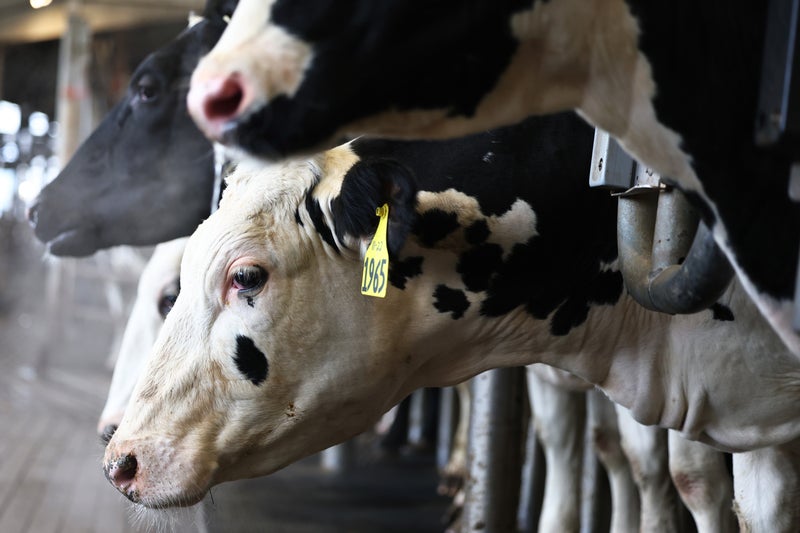Researchers at Northwestern University estimate tea preparation can reduce about 15 per cent of toxic metals from drinking water. Your daily cup of tea might do more than wake you up – it could help filter out toxic heavy metals too, new research has suggested.
![[Black tea, which is wilted and fully oxidized, exhibits a wrinkled and surface, potentially increasing the available surface area for adsorption]](https://static.independent.co.uk/2025/02/26/11/40/1_1_100x.png)
Scientists have found that brewing tea naturally adsorbs heavy metals like lead and cadmium, effectively filtering dangerous contaminants out of water. Heavy metals are absorbed on the surface of the tea leaves, where they stay trapped, researchers at Northwestern University in the US found.
The scientists estimated that tea preparation can reduce about 15 per cent of lead from drinking water. This applies to a typical cup of tea, with the tea bag brewed for three to five minutes. However, steeping for longer than five minutes, for example, can absorb more lead, according to the researchers.
Benjamin Shindel, the study’s first author, said: “Across a population, if people drink an extra cup of tea per day, maybe over time we’d see declines in illnesses that are closely correlated with exposure to heavy metals. “Or it could help explain why populations that drink more tea may have lower incidence rates of heart disease and stroke than populations that have lower tea consumption.”.
Mr Shindel added: “It’s possible that on the margins, tea consumption is reducing metal intake by a very small amount, and perhaps over the population of the UK, that’s reducing diseases associated with metal consumption by another commensurately very small amount.”.
He and his colleagues explored how different types of tea, tea bags and brewing methods affected heavy metal removal. The varieties tested included black, green, oolong and white, as well as chamomile and rooibos teas. The scientists also tested the differences between loose-leaf and the typical tea bags bought at the supermarket.
Finely ground tea leaves, particularly black tea leaves, removed slightly more metal ions than whole leaves. The researchers attributed this to the ground leaves having a greater surface area. The researchers found cotton and nylon bags only absorbed small amounts of the contaminants, while cellulose bags absorbed much more. However, the researchers said they are not suggesting people start using tea leaves as a water filter.
Vinayak P. Dravid, the study’s senior author, said: “For this study, our goal was to measure tea’s ability to adsorb heavy metals. By quantifying this effect, our work highlights the unrecognized potential for tea consumption to passively contribute to reduced heavy metal exposure in populations worldwide.”.































